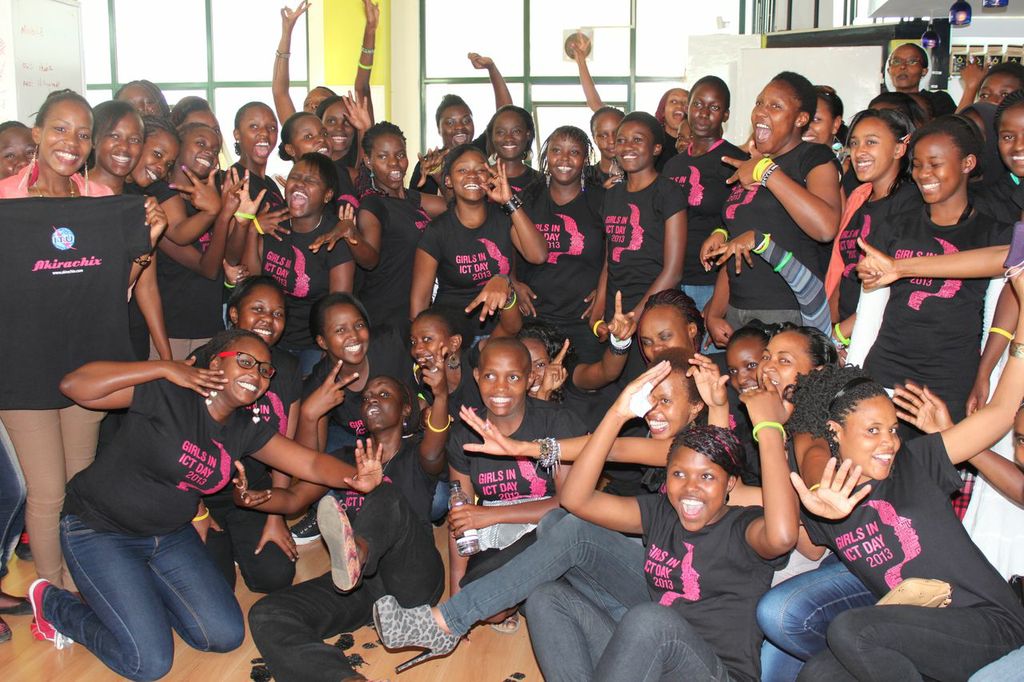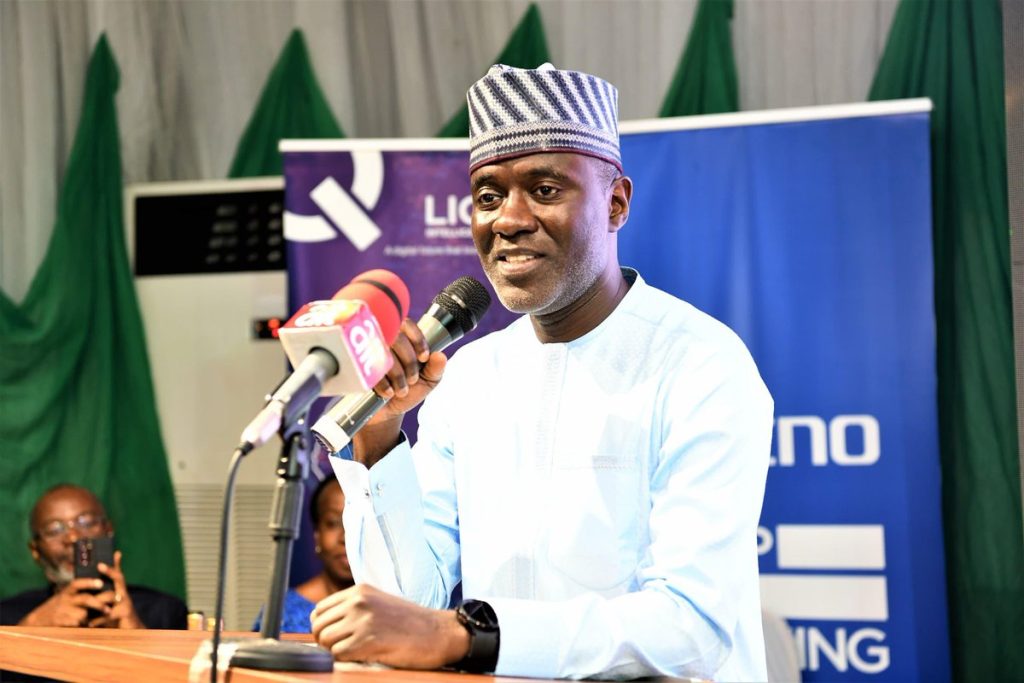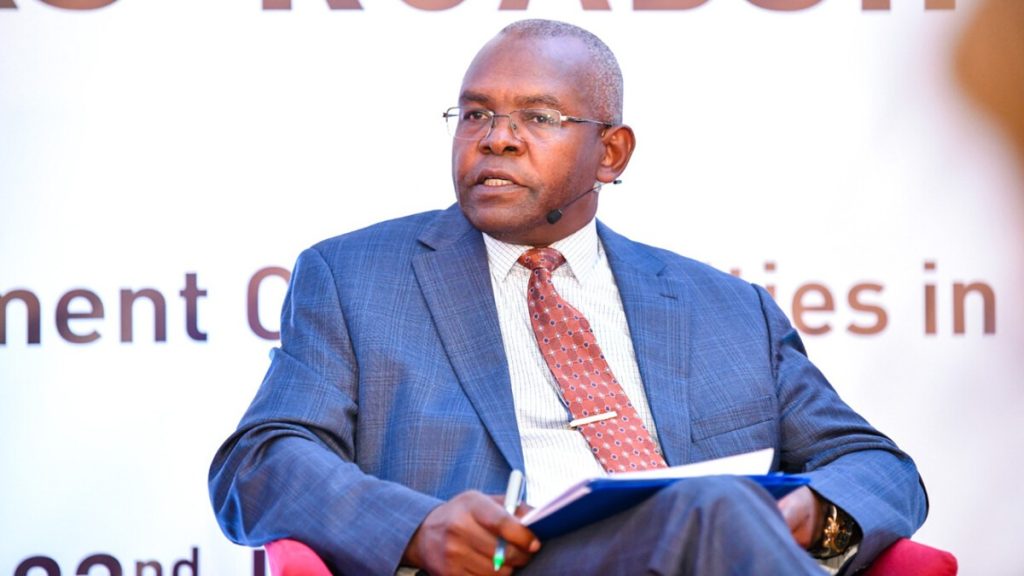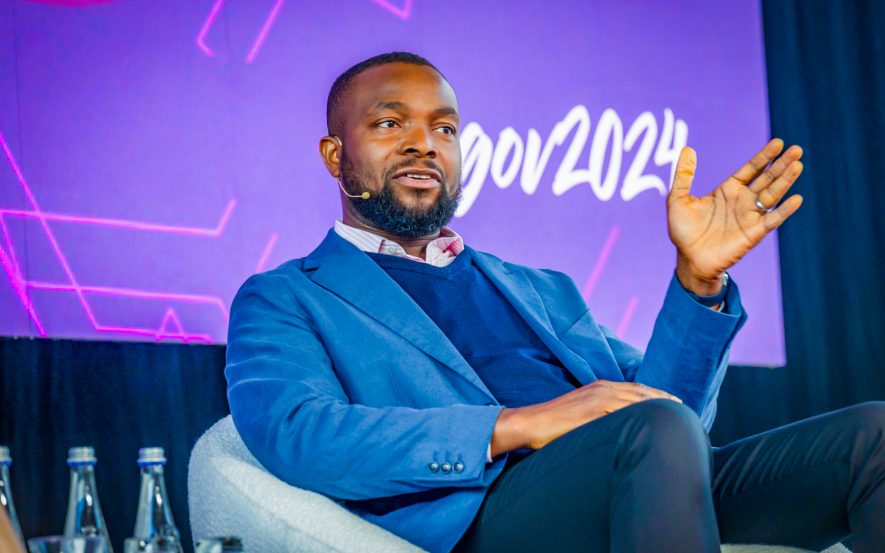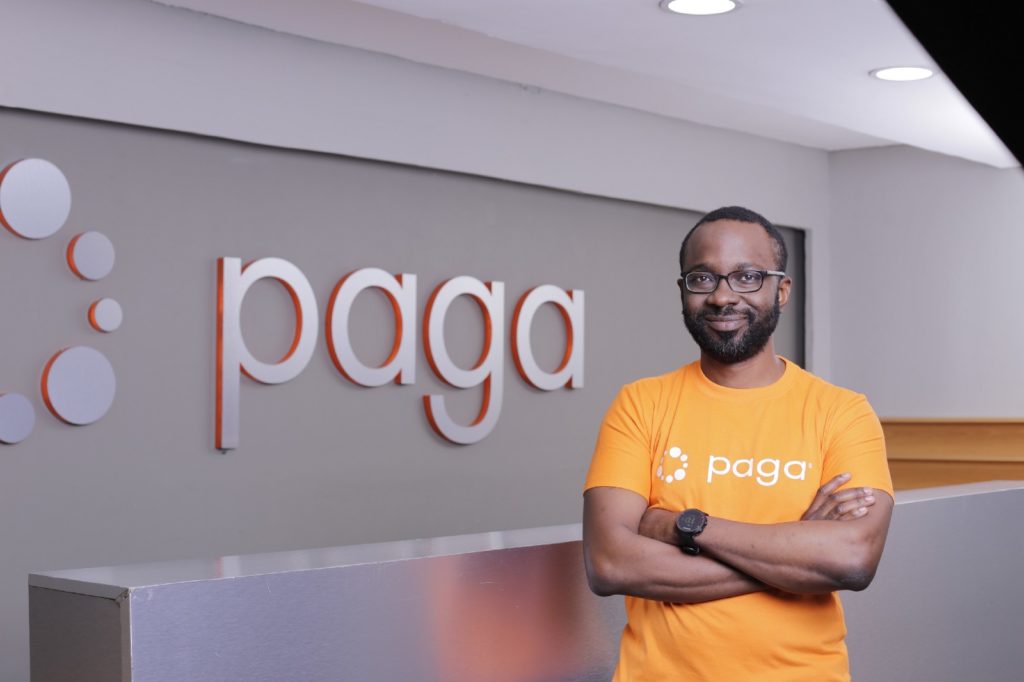The problem with getting more women in tech is that there aren’t more women in tech; so a group of female tech enthusiasts decided to do something about that. Five years ago, a group like this would have been inconceivable in Kenya, or even Africa as a whole. But we are a long time from then and time has lent support to women in technology.
AkiraChix is a network, society for ladies interested in technology, which aims to inspire and develop a successful force of women in Technology that will change Africa’s future. Akirachix aims to bridge technology’s gender gap, a revolution for African women and technology.
In this Q&A with the founders of Akirachix, I got pertinent answers to questions about the initiative, funding support and more.
When did the Akirachix Network start; and who started it?
AkiraChix was founded on April 24th, 2010 by a group of women working in the tech industry. These include, Judith Owigar, Marie Githinji, Angela Oduor and Linda Kamau who currently serve as Directors in the organisation. Others include Jessica Colaco, Linet Kwamboka and Lillian Nduati.
How and when did you get the initiative to start Akirachix; what was the driving force?
The biggest driving force was the fact that we noticed a huge gap in the presence of women within the tech workplace, school, and even at the iHub as it was starting out. The tipping point was noticing that there were just a handful of women in the room during the launch of Nairobi’s innovation Hub. We therefore decided to start a forum where women in the tech industry could get to meet each other, share their stories and encourage other girls to take up careers in tech by using ourselves as an example
What were the challenges or deterrents to starting the network?
Our challenge has really been capacity. We run full-time jobs, besides running AkiraChix. In the first year, it was us running everything on our own, including funding our training program as well as teaching the girls. However, we’ve been working around this by building out a community around us (through the iHub and our own volunteer network) who have helped with training and outreach.
How was the reception to Akirachix generally, seeing as Africa is a male-dominated continent?
We’ve been lucky, in the sense that, there seems to be a global shift across all genders on narrowing the divide between males and females in the tech industry. The reception to the work AkiraChix has done has been great. The men in the Nairobi tech community have been of huge support in terms of training and outreach. We’re also seeing other women in tech organisations sprouting in other African countries like Uganda and Zambia, as a result of the work that we do.
Where did your biggest sources of support and resistance come from?
Our biggest sources of support have come from the local tech community (specifically from iHub).
Technology is a male dominated field. What is responsible for the survival and growth of Akirachix in this field?
AkiraChix survives and continues to grow because of the continued support of the local and global community, and through our growing networks and partnerships. There are a lot of individuals and organisations that share in the same vision of trying to bridge the gap between women and men in the tech industry.
How many girls did you begin with; how many are currently members and what has the growth or recruitment rate been since you started?
We started off with about 8 or so girls when AkiraChix began. To date, we have more than 300 members signed up on our mailing list.
What further steps are being taken by the network to bring more women into technology? What are the methods, the trends being followed and the initiatives being taken?
AkiraChix activities focus on 3 main areas:-
- Training – training young girls from poor social economic backgrounds on basic tech skills. We’re in our third year of running this program.
- Mentorship – mentoring high school girls to take up careers in tech. We conduct bi-monthly meet ups in Kenya High School and Precious Blood High School, as well as an annual career faire dubbed Girls in ICT Day targeting girls in high school
- Networking/Community Building – building a network of women in tech locally through meet ups, conferences and hackathons
In 4 years, you have grown Akirachix to a formidable force, even recently moving to your own space. Can you project or predict what we can expect in the next 4 years?
Our activities have been largely within Nairobi County. Within the next 4 years, we hope to have expanded our reach to all 47 counties within Kenya, and hope to have AkiraChix chapters in other African countries as well.
Where does Akirachix get its funding and financial support from?
We have been funded in the past by organisations such infoDev, Google Rise, Half the Sky movement, and currently, the Swedish International Development Agency (SIDA).
AkiraChix also implements the Mobile garage, a social networking hub targeting upcoming developers and techpreneurs in Kenya. It aims to contribute towards creating sustainable businesses for the knowledge economy in Kenya. Mobile Garage was founded with funding from Infodev.





